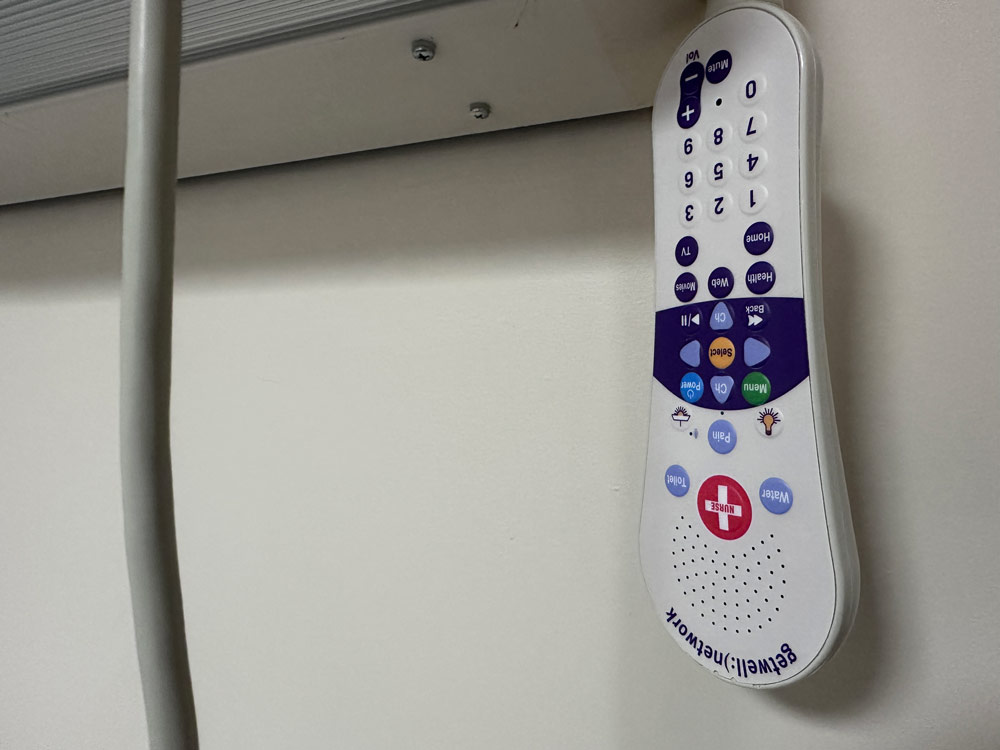Concerns about costs helped President Donald Trump win victory last autumn. However, Trump runs the risk of driving more Americans into debt if his administration reduces federal regulations and programs that shield patients from the high cost of healthcare, further taxing family budgets already strained by medical costs.
According to the tax reduction legislation that Trump signed this month, millions of individuals would no longer have health insurance in the upcoming years, leaving them less protected from hefty payments in the event that they become ill or are in an accident.
Simultaneously, substantial increases in health plan premiums on state insurance exchanges in the upcoming year are probably going to force more Americans to either cancel their coverage or move to higher-deductible plans, which means they will have to pay more out of pocket before their insurance starts.
Bills for patients may also increase as a result of minor modifications to federal regulations. Some patients may have to pay out of pocket if they want the protection, as new government standards for COVID-19 vaccines, for instance, will allow health insurers to discontinue paying the doses for millions of people.
Additionally, certain Medicaid users would have to pay copays of up to $35 for some doctor visits as a result of the new tax cut legislation.
Additionally, there will be fewer safeguards for people who do get up in debt. A federal judge granted the Trump administration authority this month to rescind rules that would have excluded medical debt from consumer credit reports.
Americans who are unable to pay their medical expenses run the danger of having their credit scores lowered, which might make it more difficult for them to obtain loans or result in higher interest rates.
According to Chi Chi Wu, a staff attorney at the National Consumer Law Center, managing the budget is like walking a tightrope for tens of millions of Americans. They are simply being confused by the Trump administration.
When asked how the administration’s health care proposals would impact Americans’ medical expenditures, White House spokesperson Kush Desai would not answer.
The health care cuts, which include hundreds of billions of dollars in Medicaid retrenchment in the massive tax overhaul, have been dismissed by the president and his Republican legislative allies. Trump said, “You won’t even notice it,” at the White House following the signing of the measure on July 4. Only fraud, abuse, and waste.
However, nationwide patient and consumer organizations caution that the weakening of government health care regulations since Trump’s inauguration in January poses a serious threat to the financial stability of Americans.
According to Arika Sanchez, who is in charge of health care policy at the nonprofit New Mexico Center on Law and Poverty, these changes will have a significant impact on our communities.
According to Sanchez, a significant number of the center’s clients would eventually accrue medical debt. According to her, medical debt negatively impacts a family’s credit scores and makes it more difficult for them to obtain a job, a home, or even a car. People’s lives are ruined by medical debt.
“Weakened federal protections from medical debt pose yet another risk for Americans with serious illnesses like cancer,” said Elizabeth Darnall, senior director of federal advocacy at the American Cancer Society’s Cancer Action Network. According to her, many will not seek the necessary treatment.
During his campaign last year, Trump pledged to make America affordable once more and provide access to new affordable healthcare, promising a brighter future.
Voters were seeking relief, according to polls.
According to a recent survey, around 60% of Americans, both Republicans and Democrats, say they are concerned about their ability to pay for health care, which is more important than worries about the price of food or housing. Additionally, medical debt is still a major issue: up to 100 million persons in the US are struggling with some form of medical debt.
Nevertheless, important instruments that have prevented even more Americans from being indebted are now at jeopardy.
According to Kyle Caswell, an economist at the Urban Institute, a Washington, D.C.-based think tank, Medicaid and other government health insurance programs in particular have shown to be a potent economic safety net for low-income patients and their families.
For instance, Caswell and colleagues discovered that states that expanded Medicaid, which was made feasible by the 2010 Affordable Care Act, saw quantifiable drops in medical debt and increases in consumer credit scores.
According to Caswell, we have observed that these initiatives significantly affect people’s financial security.
The most recent estimates from the impartial Congressional Budget Office predict that 10 million more people will lack health coverage by 2034 as a result of Trump’s tax plan, which will reduce more than $1 trillion in government health spending over the next ten years, primarily through Medicaid cuts. The office estimated that over a ten-year period, the tax cuts, which largely benefit rich Americans, will increase U.S. debt by $3.4 trillion.
If Trump and his legislative allies fail to renew more federal subsidies for Americans with low and moderate incomes who purchase health coverage on state insurance markets, the number of uninsured people may increase even more.
This assistance, which was implemented under former President Joe Biden, decreases insurance premiums and the costs that participants incur when visiting a doctor or hospital. However, those incentives will expire later this year unless congressional Republicans take action, leaving many with larger expenses.
If they were unable to pay their medical costs, these individuals and others would have been protected by federal debt restrictions created by the Consumer Financial Protection Bureau under the Biden administration.
Rules that would have eliminated medical bills from consumer credit reports were released by the agency in January. An estimated fifteen million people would have benefited from that.
However, when debt collectors and credit bureaus challenged the new rules in court, claiming the federal government had overreached its jurisdiction in establishing them, the Trump administration decided not to defend them. Trump chose a federal judge in Texas who decided the rule should be repealed.
Kaiser Health News’ Noam N. Levey
![]()
One of the main programs at KFF, an independent source of journalism, polling, and health policy research, is KFF Health News, a nationwide newsroom that specializes in in-depth reporting on health-related topics. Find out more about KFF.







